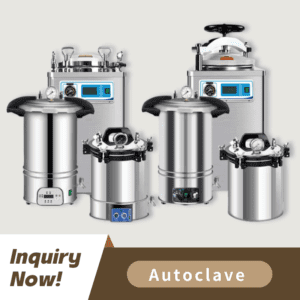
The choice of proper cleaning products is essential to achieve the best maintenance results for autoclaves. These options receive the highest recommendations for effectiveness.
This cleaning product eliminates organic residues and proteins from stainless steel surfaces within autoclave chambers and trays in a safe manner.
This product is non-abrasive and non-corrosive while being specifically created to clean medical equipment.
Use a soft sponge or cloth to wipe all available surfaces after diluting the product according to the provided instructions.
This solution clears mineral deposits (scale) from hard water which damages heating elements and steam generation systems.
This formula swiftly dissolves calcium and magnesium deposits while protecting metal surfaces from damage.
Always adhere to the manufacturer’s instructions regarding dilution ratios and exposure duration during product use. Rinse thoroughly with distilled water after use.
The function of distilled water is to rinse and fill water reservoirs in order to stop mineral accumulation and scaling.
The product does not contain impurities which lead to scale formation and corrosion.
Make sure to use distilled water during final rinses and for filling the autoclave reservoir.
Purpose: Prevent scratches and surface damage.
Cleaning tools include microfiber cloths together with soft sponges and brushes made from non-metallic materials.
Employ these cleaning tools to carefully maintain chambers, trays, and gaskets.
Purpose: Final drying and surface cleaning.
Features: Leave no fibers or residues behind.
These wipes serve as the perfect tool to wipe chambers and detachable components following their cleaning and rinsing steps.
The function of this product is to preserve door gasket suppleness and extend its functional lifespan.
Features: Non-toxic, compatible with autoclave materials.
For effective use apply a small amount of product onto clean dry gaskets following the manufacturer’s instructions.
You must choose cleaning agents specifically designed for autoclaves because general cleaners can damage these machines. Incorrect products will lead to permanent damage while invalidating warranties and reducing sterilization effectiveness. Avoid the following:
Stainless steel and other autoclave components face severe corrosion from this substance.
Pitting and rust development result in premature equipment failure.
Abrasive powders and scouring pads damage chamber surfaces by scratching them and creating areas where microbes can grow.
Cleaning becomes more difficult over time because abrasive powders and scouring pads degrade chamber integrity.
These products have the potential to etch surfaces while also causing discoloration and corrosion to metal parts.
The use of acidic or alkaline cleaners results in weakened structural components and reduced equipment lifespan.
These products include unidentified additives and fragrances that might produce deposits or initiate reactions with autoclave components.
The use of household cleaners can disrupt sterilization processes and produce harmful residues.
The presence of certain minerals in tap water leads to scaling and corrosion issues.
The presence of tap water leads to decreased heating performance and more frequent maintenance demands.
Sustainability is increasingly important in healthcare environments. We can protect both our equipment and environment by using eco-friendly cleaning products and methods.
Benefits: Break down naturally, minimizing environmental impact.
The product contains no phosphates or chlorine and avoids harsh chemicals.
Operate this product in the same way you would when using regular pH-neutral cleaning agents.
These products utilize renewable sources while maintaining safety for humans and machines.
This solution efficiently eliminates mineral buildup without leaving behind any harmful residues.
Application: Follow product-specific instructions for best results.
Using washable microfiber cloths and sponges generates less waste during cleaning operations.
Features: Durable and effective for repeated use.
Water usage decreases when efficient rinsing methods are implemented alongside the use of distilled water for the final rinse.
Features: Lower operational costs and environmental footprint.
Choosing the best cleaning products for your autoclave is not just about cleanliness—it’s about ensuring reliable sterilization, prolonging equipment life, and safeguarding patient safety. For medical equipment distributors, dealers, and buyers, understanding which products to use (and which to avoid) is a fundamental part of professional responsibility. By investing in suitable, eco-friendly cleaning agents and tools, you’ll protect your equipment investment, maintain compliance, and support sustainable healthcare practices.
A: No. Regular dish soaps may contain additives and fragrances that can leave residues or react with autoclave materials. Always use pH-neutral detergents formulated for medical equipment.
A: Check the product label for compatibility with stainless steel and medical devices, and refer to your autoclave user manual for approved products.
A: Yes, many eco-friendly cleaning agents are specifically designed for medical environments and offer comparable cleaning and descaling power without harmful chemicals.
A: Tap water contains minerals that cause scaling and corrosion, leading to inefficiency and frequent maintenance issues. Always use distilled water.
A: Follow a daily, weekly, and monthly cleaning schedule based on usage and manufacturer recommendations for best results.
For expert recommendations, product advice, or to discuss your autoclave maintenance needs, contact Keling Medical:
Email: inquiry@shkeling.com
WhatsApp: +8618221822482
Website: https://autoclaveequipment.com/
Our team is dedicated to supporting medical equipment distributors, dealers, and buyers with reliable solutions and professional guidance. Click the links above to get in touch and discover how we can help your business thrive!
Ready to upgrade your autoclave cleaning routine? Contact us now!
Internal Links:

Sterilization serves as an essential element of infection control practices both in healthcare facilities and laboratory environments. Autoclave sterilization through steam proves effective for many applications but proves suboptimal in
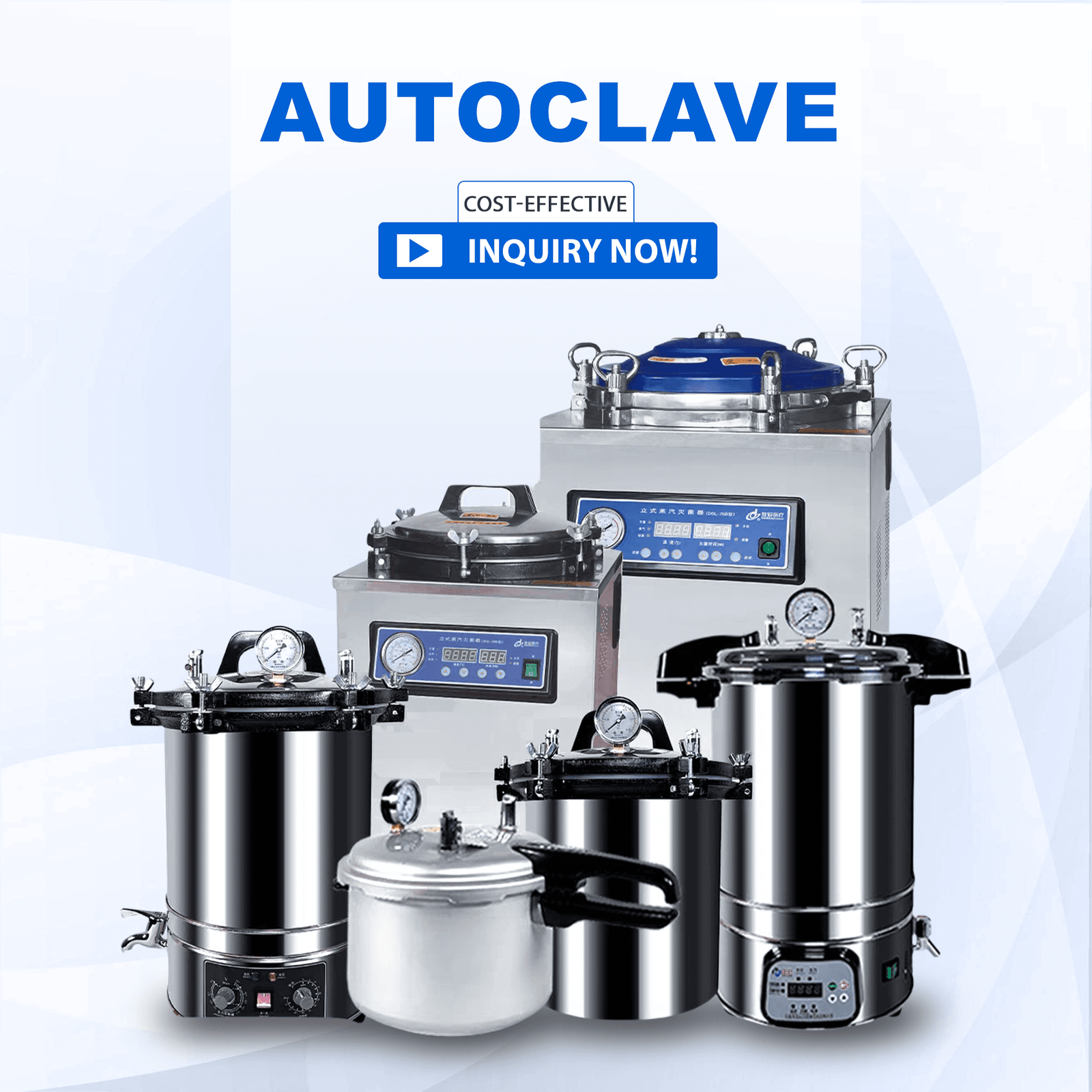
Medical professionals worldwide trust autoclaves as essential tools for ensuring the safety and sterility of medical instruments. Medical device distributors and procurement specialists need to understand autoclave principles and benefits

Healthcare advancements make it essential to keep medical instruments safe and sterile at all times. Medical device distributors, dealers, and procurement professionals must understand sterilization methods to operate effectively. The
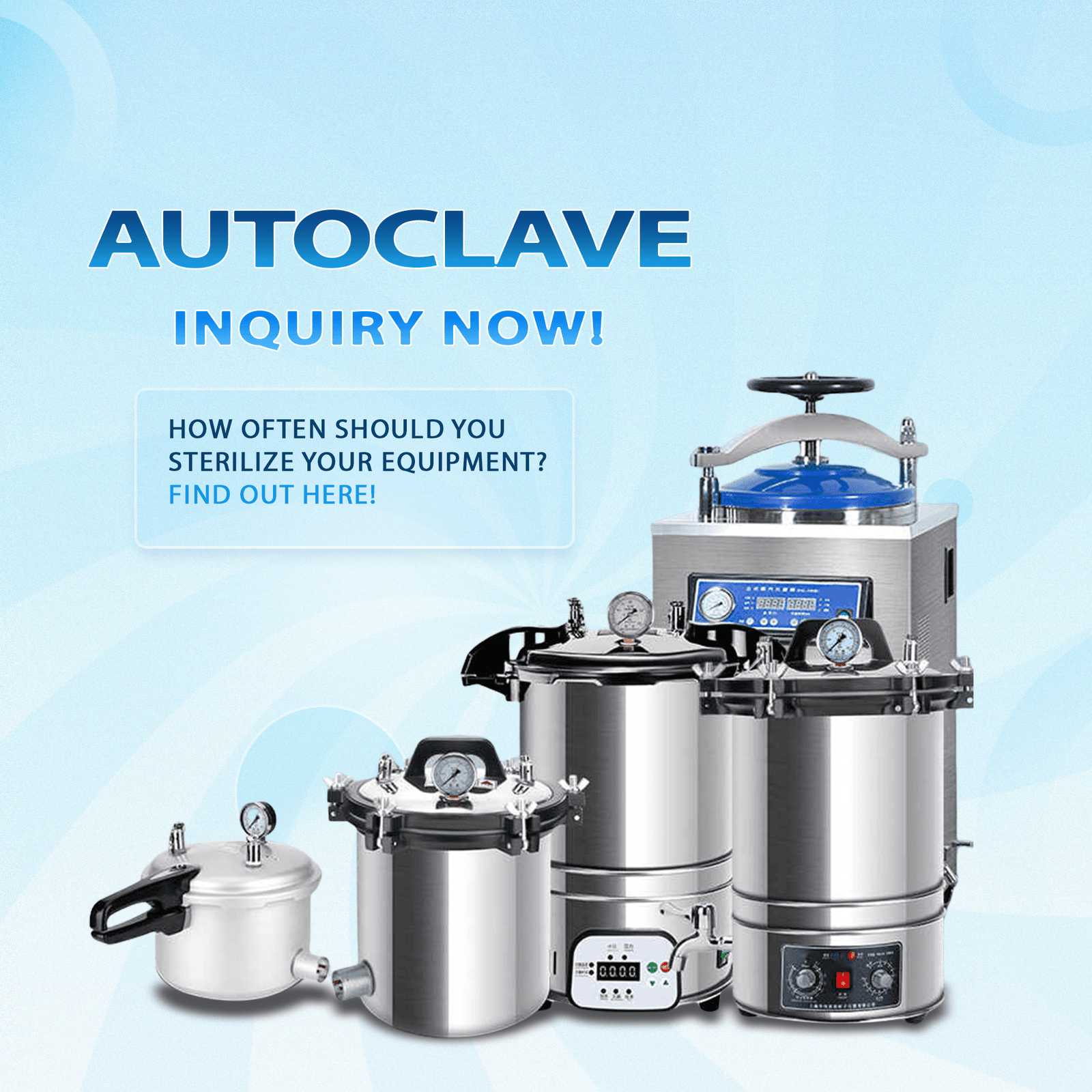
Medical device and instrument sterilization requires autoclaves because they protect patient safety and facilitate compliance with regulatory standards. The most sophisticated autoclave systems still experience certain limitations. Medical device distributors,
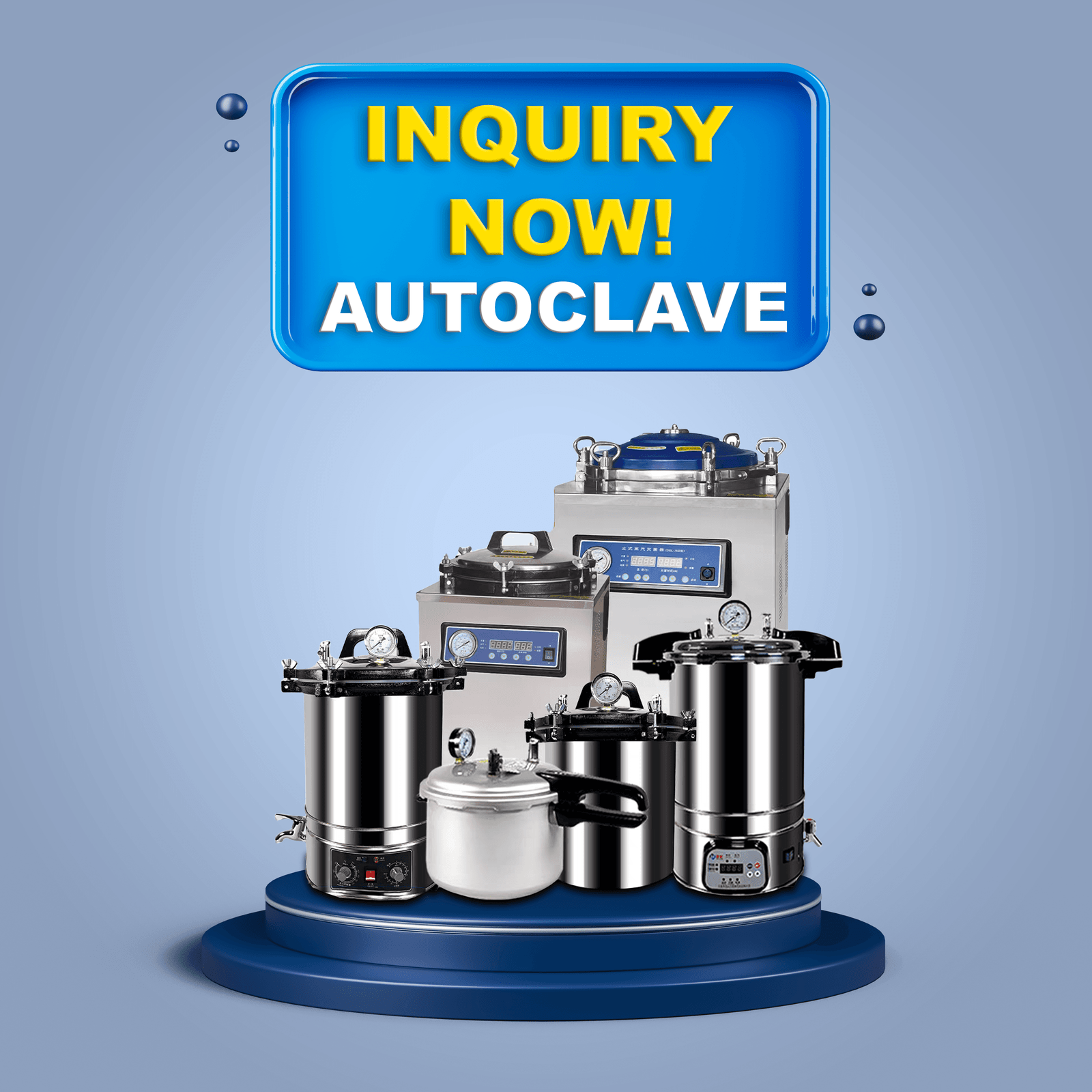
In medical device manufacturing autoclaves act as essential equipment because they deliver consistent sterilization across various instruments and materials. Autoclaves utilize high-pressure saturated steam to eradicate bacteria, viruses, fungi, and
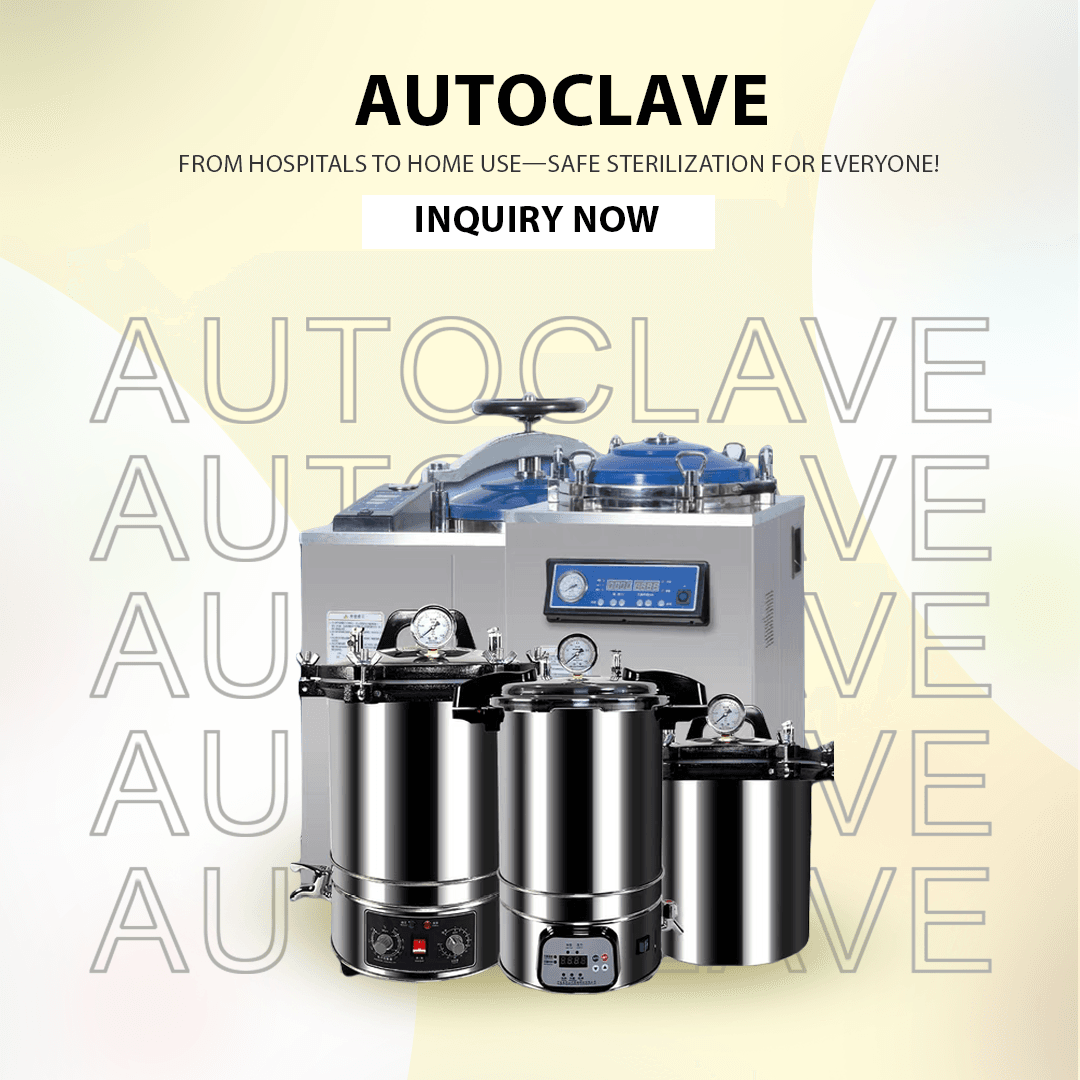
Autoclaves serve as crucial devices in healthcare and scientific settings by consistently sterilizing instruments and materials. Medical equipment distributors along with dealers and procurement professionals need to keep autoclaves functioning